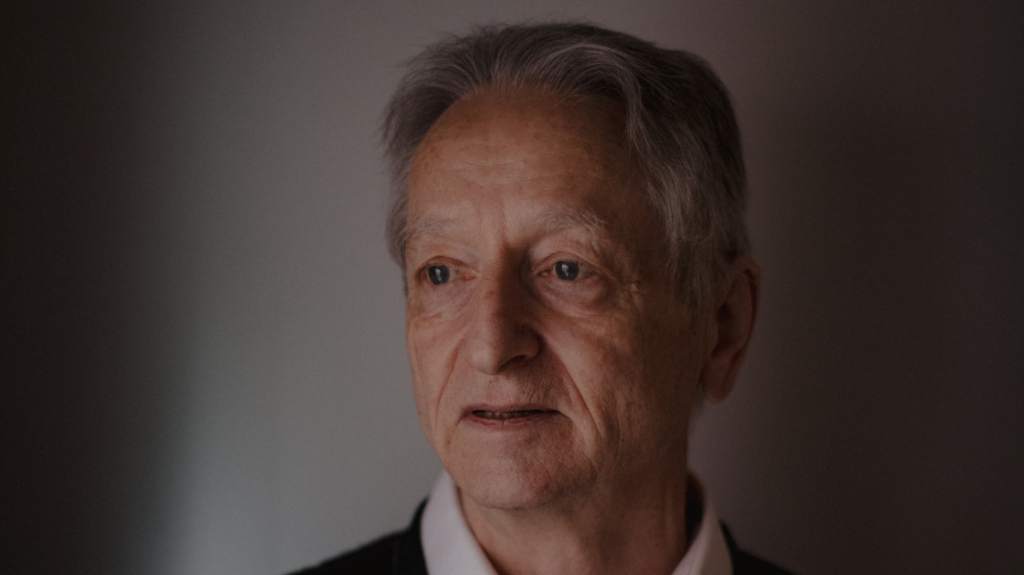Geoffrey Hinton, who received the 2018 Turing Award alongside two other so-called “Godfathers of AI” for his foundational work that lead to the current boom in artificial intelligence, claims that a portion of him now regrets his life’s work. According to an interview with the 75-year-old published in The New York Times, Hinton recently quit Google to speak openly about the dangers of artificial intelligence.
Hinton, who had worked at Google for more than a decade, stated, “I console myself with the standard excuse: if I hadn’t done it, someone else would have.” It is difficult to imagine how bad actors could be prevented from exploiting it.
How Hinton Aided Google’s AI model development
According to the New York Times, Hinton informed Google of his departure last month and spoke with CEO Sundar Pichai on Thursday. The conversation’s details were not made public.
Hinton, a lifelong academic, joined Google upon the acquisition of the company he co-founded with two of his students, one of whom later became a leading scientist at OpenAI.

Hinton and his pupils trained a neural network to identify common objects such as dogs, cats, and flowers by analyzing millions of photographs. This effort led to the creation of ChatGPT and Google Bard.
Microsoft and ChatGPT altered everything
According to the New York Times article, Hinton was satisfied with Google’s management of the technology until Microsoft introduced the new OpenAI-infused Bing, which threatened Google’s core business and prompted a “code red” response within the search behemoth.
According to Hinton, it may be difficult to halt such intense competition, resulting in a society with so many fake images and texts that no one will be able to determine “what is true anymore.”
Jeff Dean, Google’s chief scientist, attempted to mitigate the situation by stating, “We remain committed to a responsible approach to AI.” We are continually learning to identify new threats and to innovate aggressively.”

Hinton also clarified his position on Google’s intentions via Twitter.
Disinformation is a significant problem.
Hinton’s primary concern is the spread of disinformation. On a lengthier time horizon, he is concerned that if AI learns to create and operate its own programming, it will eliminate repetitive jobs and possibly even humans.
There were a few individuals who believed that this technology could surpass human intelligence, Hinton told the New York Times. “However, the majority of individuals believed it was improbable. And I believed it to be a long chance. I anticipated a duration of 30 to 50 years, or possibly longer. Clearly, I no longer hold that belief.”

